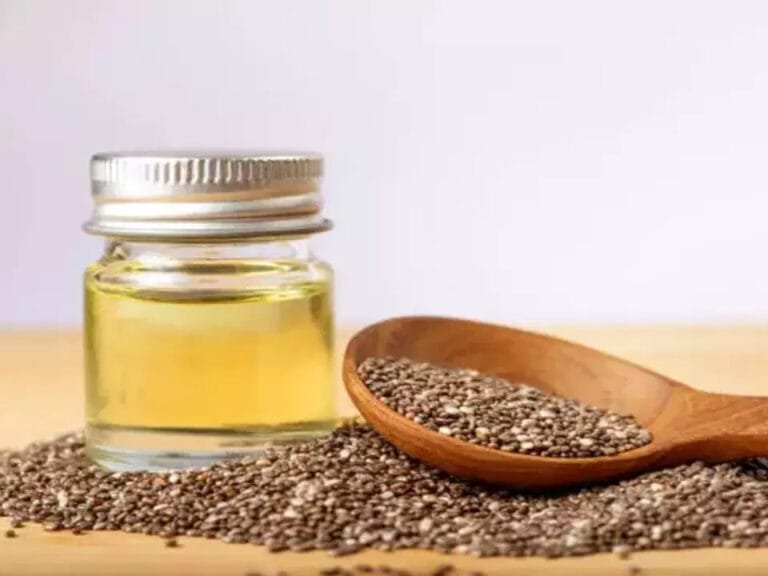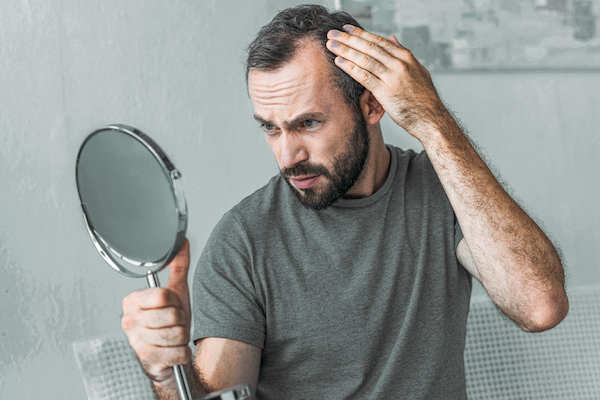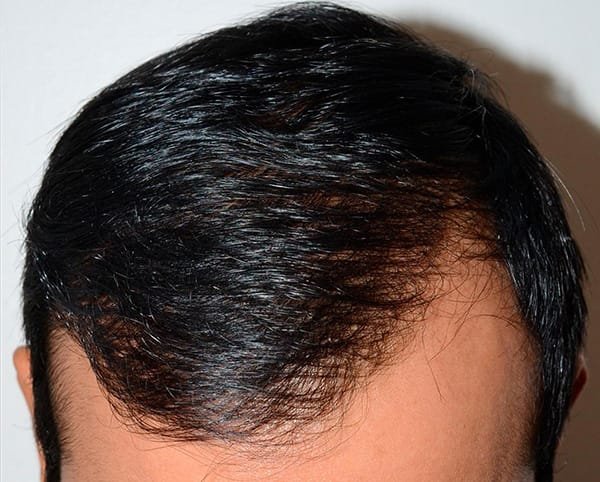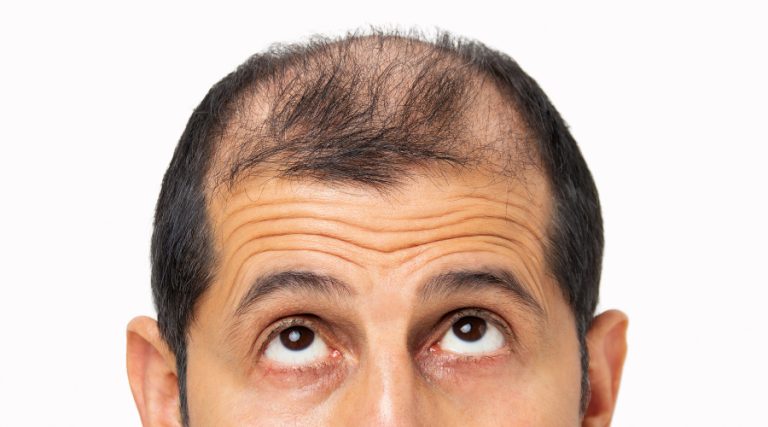Hair Health in Allergy Season: How Spring Can Impact Your Scalp
As trees bloom and flowers awaken, spring brings a fresh start—but for many, it also marks the beginning of allergy season. While most people are familiar with sneezing, itchy eyes, and congestion as allergy symptoms, few realize that seasonal shifts can also impact the scalp and overall hair health.
At Davis Hair Restoration, Dr. Steven Davis—board-certified plastic surgeon and hair restoration specialist—often reminds patients that the scalp is an extension of the skin. Just like facial skin can become irritated or inflamed due to pollen, pollution, and weather changes, so too can the scalp. And when the scalp is compromised, so is your hair health.

Understanding the Link Between Allergies and Hair Health
During allergy season, increased pollen levels can trigger inflammation throughout the body, including on the scalp. For those who are sensitive, this can lead to itchiness, dryness, flaking, or even excess oil production. Dr. Davis notes that scalp inflammation can disrupt the environment needed for healthy hair growth.
“When the scalp is inflamed or irritated, follicles can become stressed, which may result in increased shedding or slowed hair growth,” explains Dr. Davis. “Addressing scalp health during allergy season is a smart way to protect your overall hair health.”
Allergic reactions can also prompt individuals to scratch or rub their scalps more frequently, which may damage hair follicles or lead to breakage. Combined with the rise in outdoor activity and exposure to UV rays, these seasonal factors create the perfect storm for stressed-out strands.
HAIR HEALTH: SEASONAL CHANGES TO WATCH FOR
Spring weather can vary widely—one day warm and humid, the next windy and dry. These constant fluctuations can confuse your scalp, throwing off oil production and moisture balance. Here are a few seasonal challenges to monitor:
1. Increased Shedding
Some people naturally experience a hair shedding cycle during spring, which can be exacerbated by seasonal allergies and scalp inflammation. This process is often temporary but may feel alarming if you’re not expecting it.
2. Product Build-Up
Many people turn to styling products like sprays or gels to tame hair during humid spring weather. However, excessive product use—combined with pollen and pollutants—can clog follicles, which may compromise hair health if not properly cleaned.
3. Scalp Irritation from Environmental Allergens
Pollen, dust, and mold can trigger scalp irritation just as they affect the sinuses. Redness, itching, and flaking can all interfere with the scalp’s ability to support strong, healthy strands.
Tips to Support Hair Health During Allergy Season
Fortunately, there are several simple steps you can take to keep your scalp balanced and your hair health on track throughout the spring season.
- Use a gentle, clarifying shampoo weekly to remove buildup from pollen, sweat, and styling products. Avoid overly harsh formulations that may strip the scalp of natural oils.
- Moisturize your scalp with nourishing oils or conditioners, especially if you’re experiencing dryness or flaking. Look for products containing calming ingredients like aloe, tea tree oil, or chamomile.
- Wear a hat or protective scarf outdoors to minimize direct contact with airborne allergens, especially on windy days.
- Wash your hair more frequently if you’re spending time outside. This helps remove pollen that may have settled on your scalp and strands.
- Avoid scratching the scalp, even when it itches. Use soothing treatments instead to calm inflammation without damaging the follicles.
Dr. Davis recommends patients stay in tune with how their scalp feels and looks during the season. “Just like you’d switch up your skincare for spring, you may need to tweak your hair care routine to maintain optimal scalp and hair health,” he says.
When to Seek Professional Support
If you’re experiencing persistent shedding, thinning, or discomfort that doesn’t resolve with basic care, it may be time to consult with a hair restoration specialist. While many springtime symptoms are temporary, long-term scalp issues could signal an underlying problem that requires professional evaluation.
At Davis Hair Restoration, Dr. Davis and his team offer advanced diagnostics and personalized care to help patients understand what’s really going on beneath the surface. By taking a scalp-first approach to hair health, they help patients restore not just their hair, but their confidence.
Don’t Let Allergy Season Disrupt Your Hair Goals
Spring should be a time of renewal—not frustration over thinning or irritated hair. With the right care and attention, you can support your hair health and keep your scalp in balance, even when the pollen count is high.
If you’re ready to take control of your hair wellness this season, contact Davis Hair Restoration to schedule a consultation. Dr. Steven Davis and his expert team are here to help you navigate seasonal challenges and achieve stronger, healthier hair—spring, summer, and beyond.






